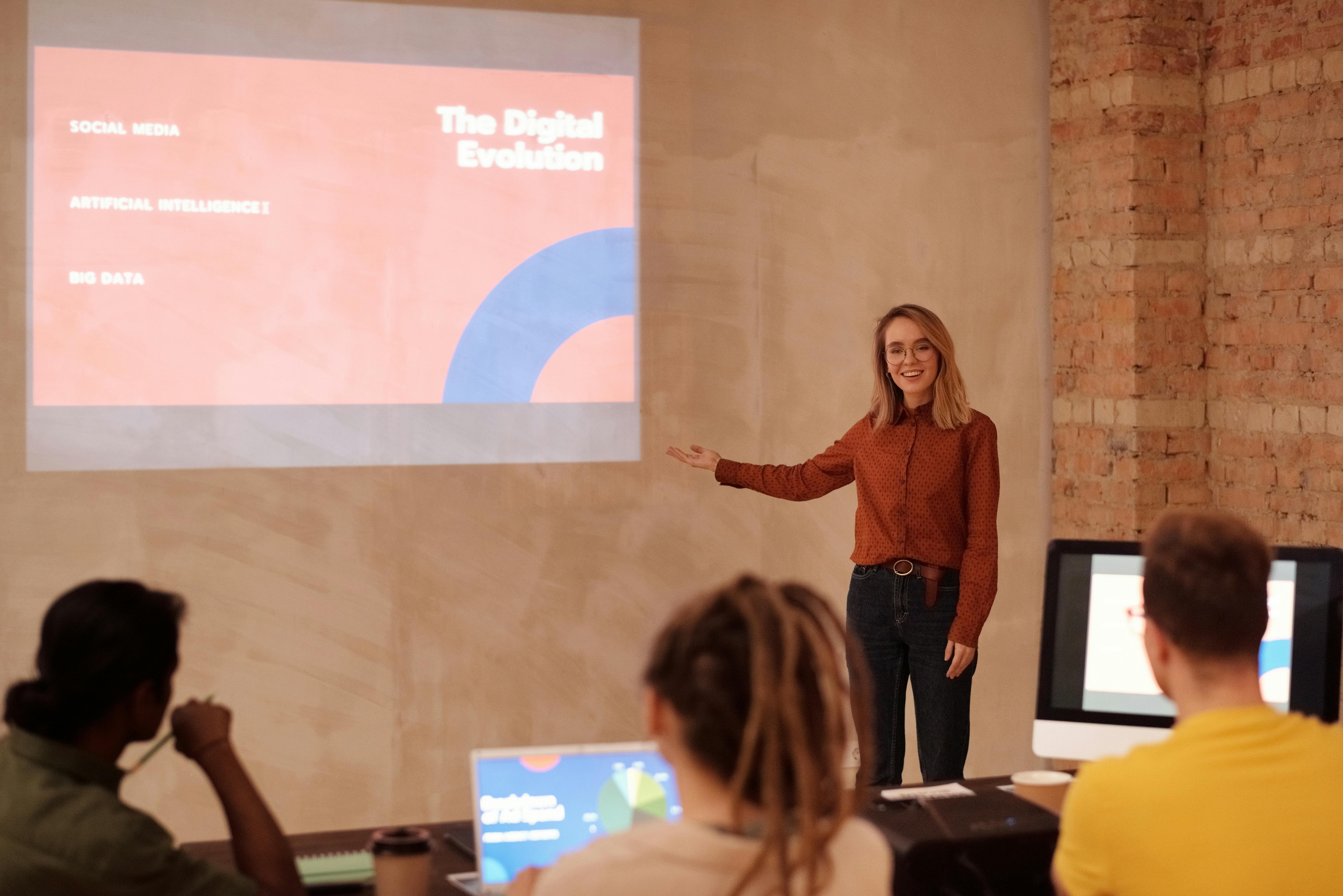Las Vegas Education Conference: Shaping the Future of Learning
The Las Vegas Education Conference has become a pivotal event for educators, industry professionals, and innovators aiming to transform the future of learning. With its focus on cutting-edge educational trends and technologies, this conference offers attendees an unparalleled opportunity to explore the latest advancements. Whether you’re an educator looking to enhance your teaching methods or a leader seeking to drive educational change, this event provides invaluable insights and practical tools.

Understanding the Fundamentals
The Las Vegas Education Conference serves as a hub for discussions on the core principles driving the evolution of education. This section will explore the fundamental ideas and values that shape the content presented at the conference. These principles focus on innovation, collaboration, and the integration of technology into modern learning environments.
Education has undergone rapid transformations, driven by technological advancements and evolving pedagogical approaches. These changes have opened new possibilities for students and educators alike. The Las Vegas Education Conference highlights how these fundamentals are reshaping educational practices worldwide.
1.1 The Role of Technology in Education
Technology has revolutionized education by providing new tools for interactive learning, personalized experiences, and greater accessibility. The integration of digital resources, such as learning management systems, virtual classrooms, and AI-driven tools, is central to modern education.
Recent studies show that technology-enhanced learning environments result in increased engagement, improved outcomes, and greater student satisfaction. These advancements are discussed extensively at the conference, offering educators innovative solutions to enhance classroom experiences.
1.2 Collaboration and Networking Opportunities
Collaboration is at the heart of the Las Vegas Education Conference, as educators and leaders come together to share ideas and best practices. The conference fosters an environment that encourages networking, idea exchange, and partnerships between educational institutions, technology providers, and other stakeholders.
Attendees can connect with thought leaders, learn from peer experiences, and explore potential collaborations that can positively impact their own educational practices.
Practical Implementation Guide
The knowledge and insights gathered at the Las Vegas Education Conference are only valuable if they can be practically applied. This section provides a roadmap for educators and professionals to implement the key takeaways from the conference into their daily practices.

2.1 Actionable Steps
- Step 1: Understand the latest educational trends and select tools that align with your educational goals. Prioritize resources that enhance engagement and accessibility.
- Step 2: Incorporate these tools into your classroom by organizing pilot programs and testing different formats of technology integration.
- Step 3: Evaluate the impact of these tools regularly. Use student feedback and performance data to assess effectiveness and make necessary adjustments.
2.2 Overcoming Challenges
While the implementation of new educational strategies and technologies can be exciting, it is not without its challenges. Educators may face difficulties related to resistance to change, lack of training, or inadequate infrastructure.
To overcome these obstacles, it’s essential to address concerns early on and ensure that all stakeholders—teachers, students, and administrators—are aligned in their goals. Additionally, providing professional development opportunities can help educators feel confident and competent when implementing new methods.
Advanced Applications
As educational technologies continue to evolve, so too do the applications of these tools in the classroom. This section explores some advanced strategies that are being implemented by forward-thinking educators and institutions.

3.1 Adaptive Learning Systems
Adaptive learning systems use artificial intelligence to tailor educational content to individual students’ needs. These systems continuously adjust the difficulty and scope of lessons based on the student’s progress, ensuring a personalized learning experience.
Schools implementing adaptive learning platforms have seen impressive results in terms of student achievement, as these systems help students learn at their own pace. Performance metrics indicate significant improvements in retention rates and academic performance.
3.2 Immersive Learning with Virtual Reality
Virtual Reality (VR) is emerging as a powerful tool for creating immersive learning environments. In subjects such as history, science, and the arts, VR allows students to experience content in a dynamic, hands-on way, far beyond traditional textbooks.
These technologies integrate with existing curricula to enhance learning experiences, helping students visualize complex concepts and engage in interactive simulations. The Las Vegas Education Conference explores how VR can be seamlessly integrated into the classroom to maximize learning outcomes.
Future Outlook
The landscape of education is set to continue evolving in the coming years. With advancements in artificial intelligence, machine learning, and immersive technologies, we can expect even more innovative solutions to emerge. As these technologies become more refined, the ability to personalize education for each student will increase, providing tailored learning experiences at scale.
It’s crucial for educators and institutions to stay ahead of these trends by continuously investing in professional development and adopting new tools that foster collaboration, creativity, and engagement. The future of education looks bright, and those who embrace these innovations will be at the forefront of this exciting transformation.
Conclusion
The Las Vegas Education Conference is a must-attend event for anyone passionate about shaping the future of learning. By embracing the latest trends in educational technology, collaboration, and adaptive learning, educators can unlock new opportunities to inspire and empower their students.
Now is the time to take action. Whether you’re attending the conference or simply applying the insights shared, there are countless ways to improve your educational practices and stay ahead of the curve. Begin your journey today to create a more dynamic, engaging, and effective learning environment.
Frequently Asked Questions
- Q: What is the main focus of the Las Vegas Education Conference? The conference focuses on educational innovation, technology integration, and fostering collaboration among educators and leaders.
- Q: How can I get started with the tools and strategies discussed at the conference? Begin by identifying the most relevant tools for your classroom, start small with pilot programs, and track progress to refine your approach.
- Q: How long does it take to implement these educational strategies? The timeline can vary depending on the complexity of the strategy. Simple tools can be integrated within weeks, while larger projects may take several months.
- Q: What is the cost of attending the Las Vegas Education Conference? Conference costs vary, with options for early registration and group discounts. Be sure to check the official website for detailed pricing information.
- Q: How does this conference compare to other educational conferences? The Las Vegas Education Conference stands out for its emphasis on technology-driven education and interactive learning experiences, offering practical takeaways for all attendees.
- Q: Do I need advanced technical skills to benefit from the conference? No, the conference is designed to be accessible to educators at all levels, with sessions that cater to both beginners and experienced professionals.
- Q: Are there specific tools for higher education professionals? Yes, the conference covers educational tools and strategies for all levels of education, including higher education, K-12, and lifelong learning.

